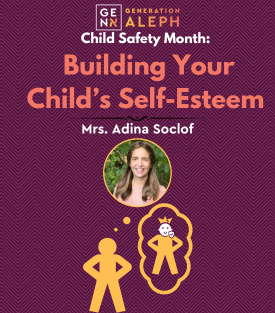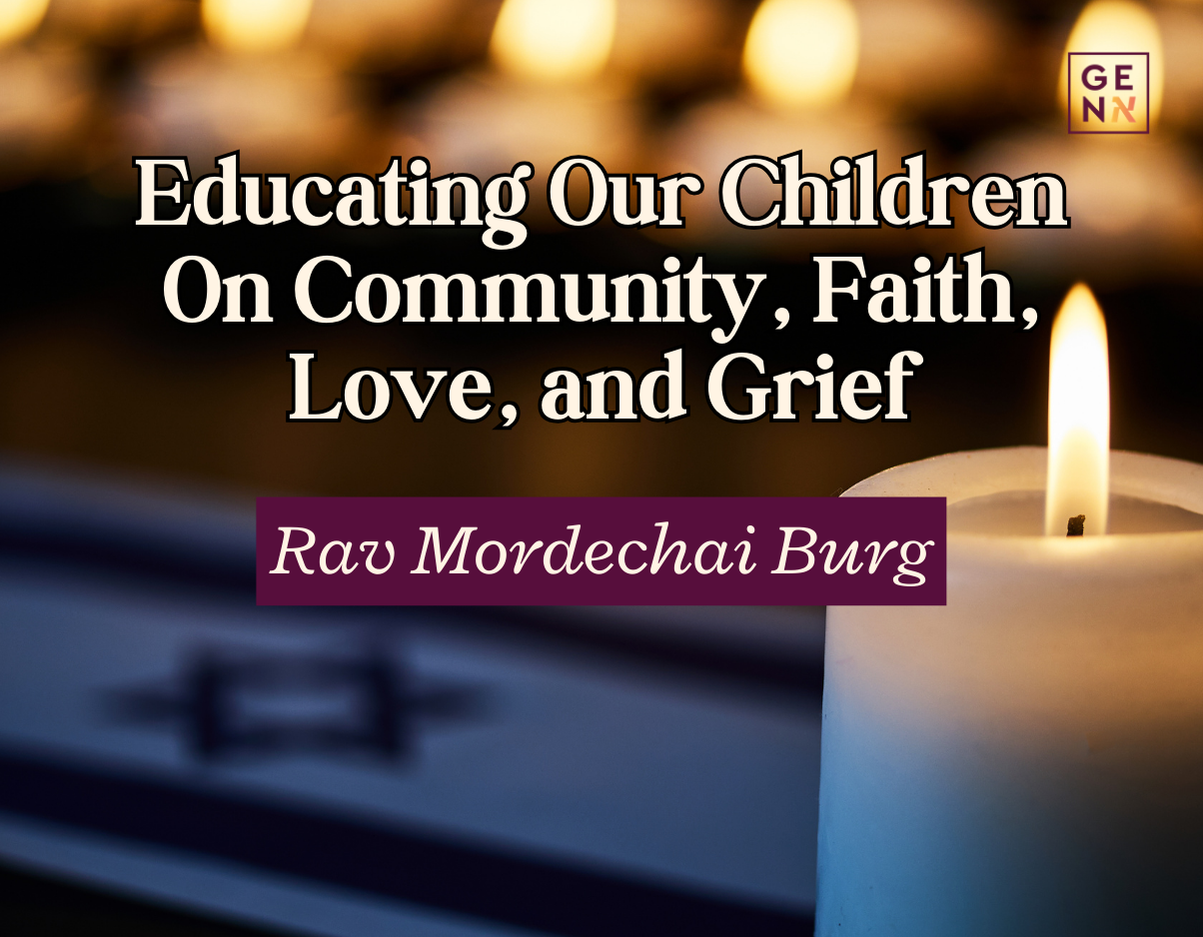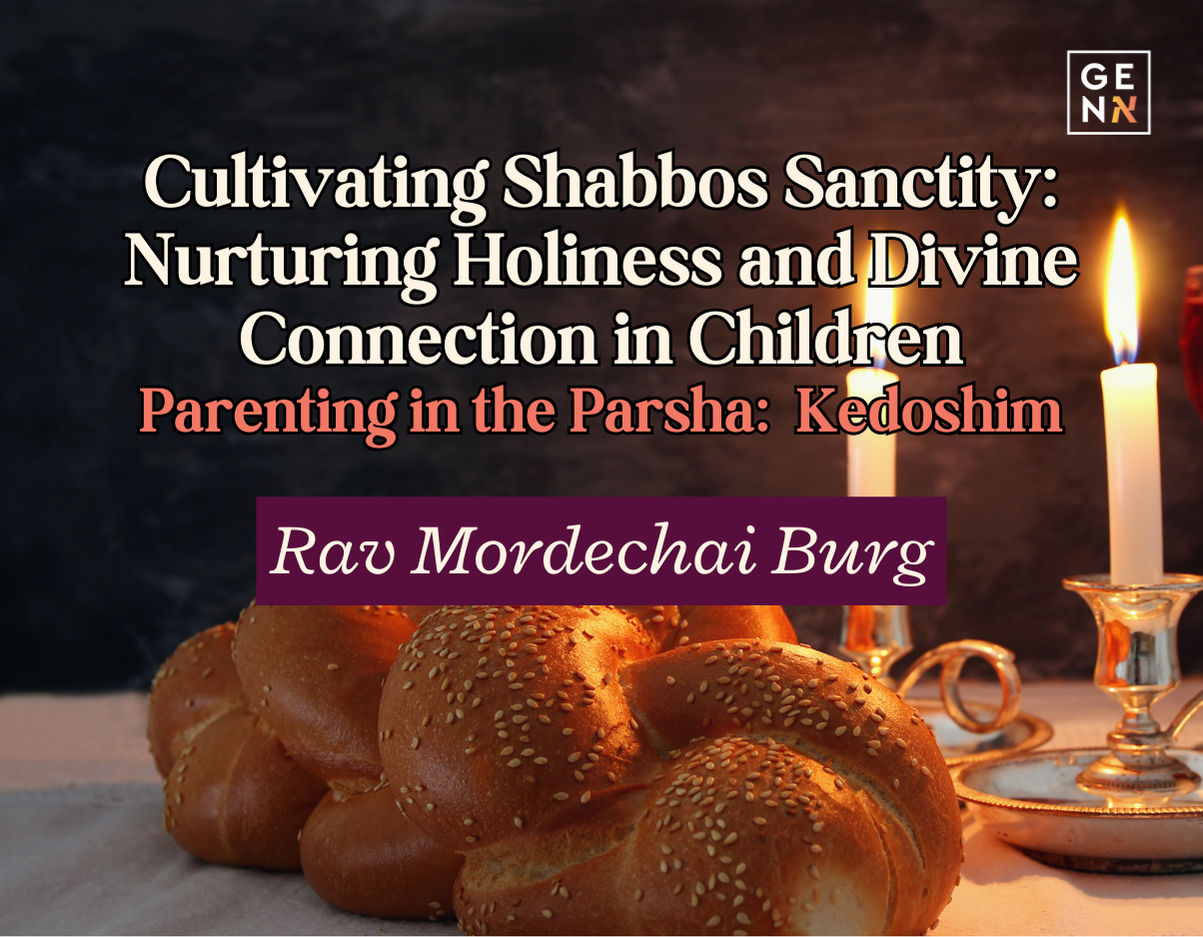כִּ֤י תִקְנֶה֙ עֶ֣בֶד עִבְרִ֔י שֵׁ֥שׁ שָׁנִ֖ים יַֽעֲבֹ֑ד וּבַ֨שְּׁבִעִ֔ת יֵצֵ֥א לַֽחָפְשִׁ֖י חִנָּֽם:
Should you buy a Hebrew slave, he shall work [for] six years, and in the seventh [year], he shall go out to freedom without charge. (Shemos 21:2)
וְאִם־אָמֹ֤ר יֹאמַר֙ הָעֶ֔בֶד אָהַ֨בְתִּי֙ אֶת־אֲדֹנִ֔י אֶת־אִשְׁתִּ֖י וְאֶת־בָּנָ֑י לֹ֥א אֵצֵ֖א חָפְשִֽׁי: וְהִגִּישׁ֤וֹ אֲדֹנָיו֙ אֶל־הָ֣אֱלֹהִ֔ים וְהִגִּישׁוֹ֙ אֶל־הַדֶּ֔לֶת א֖וֹ אֶל־הַמְּזוּזָ֑ה וְרָצַ֨ע אֲדֹנָ֤יו אֶת־אָזְנוֹ֙ בַּמַּרְצֵ֔עַ וַֽעֲבָד֖וֹ לְעֹלָֽם:
But if the slave says, “I love my master, my wife, and my children. I will not go free,” his master shall bring him to the judges, and he shall bring him to the door or to the doorpost, and his master shall bore his ear with an awl, and he shall serve him forever. (Shemos 21:6,7)
Of the many laws that we find in Parshas Mishpatim, the first is the law of an Eved Ivri regaining his freedom after six years free of charge. However, this law contains an important detail; should the Eved Ivri desire to stay with his new master, the master takes him to Beis Din where his ear is pierced with an awl. After this procedure the Eved Ivri may remain a slave. Why of all the limbs in the body is the ear “punished” by being pierced? Rashi quoting the Gemara (Kiddushin 22b) offers two explanations:
וּמָה רָאָה אֹזֶן לֵרָצַע מִכָּל שְׁאָר אֵבָרִים שֶׁבַּגּוּף? אָמַר רַבָּן יוֹחָנָן בֶּן זַכַּאי: אֹזֶן זֹאת שֶׁשָּׁמְעָה עַל הַר סִינַי לֹא תִגְנֹב, וְהָלַךְ וְגָנַב, תֵּרָצַע. וְאִם מוֹכֵר עַצְמוֹ, אֹזֶן שֶׁשָּׁמְעָה עַל הַר סִינַי כִּי לִי בְנֵי יִשְׂרָאֵל עֲבָדִים, וְהָלַךְ וְקָנָה אָדוֹן לְעַצְמוֹ, תֵּרָצַע. רַבִּי שִׁמְעוֹן הָיָה דּוֹרֵשׁ מִקְרָא זֶה כְּמִין חֹמֶר: מַה נִּשְׁתַּנּוּ דֶּלֶת וּמְזוּזָה מִכָּל כֵּלִים שֶׁבַּבַּיִת? אָמַר הַקָּדוֹשׁ בָּרוּךְ הוּא דֶּלֶת וּמְזוּזָה שֶׁהָיוּ עֵדִים בְּמִצְרַיִם כְּשֶׁפָּסַחְתִּי עַל הַמַּשְׁקוֹף וְעַל שְׁתֵּי הַמְּזוּזוֹת וְאָמַרְתִּי כִּי לִי בְנֵי יִשְׂרָאֵל עֲבָדִים – עֲבָדַי הֵם וְלֹא עֲבָדִים לַעֲבָדִים – וְהָלַךְ זֶה וְקָנָה אָדוֹן לְעַצְמוֹ, יֵרָצַע בִּפְנֵיהֶם
Now, why was the ear chosen to be bored out of all the organs of the body? Rabban Yochanan ben Zakkai said: The ear that heard on Mount Sinai, “You shall not steal” (Shemos 20:13) and [then] went and stole, shall be bored. And if [the text is referring to] one who sold himself [into servitude, the reason is that] the ear that heard, “For the children of Israel are slaves to Me” (Vayikra 25:55) and [then] went and acquired a master for himself, [this ear] shall be bored. Rabbi Shimon used to interpret this verse [in a beautiful manner] like a bundle of pearls [or a great amount of perfume in this way:]-why were the door and the doorpost singled out from all the fixtures in the house? The Holy One, blessed is He, said: The door and the doorpost were witnesses in Egypt when I passed over the lintel and the two doorposts, and I said, “For the children of Israel are slaves to Me; they are My slaves,” but [they are] not slaves to slaves, and [yet] this one went and acquired for himself a master-[his ear] shall be bored before them [for everyone to see].
In summation, the Gemara offers two possible explanations for why the ear is pierced. Either the ear is being punished because at Har Sinai it heard not to steal or because it heard at Har Sinai that we were meant to be slaves to Hashem and instead he extended his servitude.
The Chizkuni, after quoting Rashi, offers an alternative explanation. The piercing of the ear distinguishes the Eved Ivri from the gentile slaves. A non Jewish slave is permanently enslaved (unless the master is abusive) and now that the Eved Ivri may has chosen to stay he may be mistaken for a non Jewish slave. To avoid any such confusion the Torah instructs the Eved Ivri to make a permanent sign on his physical person that he was and always will be a full-fledged member of Klal Yisrael.
The Chizkuni offers a logical explanation but it is somewhat perplexing. Rashi’s explanation that the piercing of the ear is a punishment is sourced in Chazal. How can the Chizkuni offer a pshat that seems to be different than the one the Gemara offered?
The Tolna Rebbe teaches that in truth the explanation of the Chizkuni is an accoutrement to the explanation of Rashi. Of course the Eved Ivri is being punished. How could the ear that heard don’t steal, the ear that heard that we are meant to be slaves only to Hashem, choose to remain enslaved? However, we must still be concerned with the dignity of the Eved Ivri. Yes he has made a mistake but we must ensure that he knows that he is still and forever a part of Am Yisrael. Piercing a hole in his ear is a tangible reminder that despite his misdeeds, he is not the same as the gentile slave. Perhaps we may add that it is not only a reminder to the Eved Ivri but to the rest of Klal Yisrael as well that no matter what mistakes we make we are no less Jewish than anyone else. It is a reminder that in order to restore the dignity of the Eved Ivri we must remember to treat him as an Ivri.
The current Belzer Rebbe shlit”a, Rav Yissachar Dov Rokeach shlit”a, has started a program called Ahavas Kedumim, or in English, Ancient Love. The organization is designed to help men and women who were born Belzer Chassidim but have since chosen a non-observant lifestyle to maintain a connection to the community, deal with their concerns and help them remain associated with their families. One of the founders of the organization was quoted as saying, “They received their chinuch in our mosdos throughout their lives, and even though they have made a different choice regarding Torah umitzvos, we must support and embrace them unconditionally.” The program was born in the wake of a terrible tragedy when a 23 year old Belzer Chassid who had gone off the Derech took his life. The Rebbe realized that no one should feel alienated from the community simply because they have made different choices. Ahavas Kedumim is not designed to be a Kiruv organization but rather just to show love to those who may feel disconnected from the community. And it’s working. One former Belzer Chassid said, “we feel like we are in a dream, we received a true embrace from one of the great men of our generation.”
The Belzer Rebbe’s “innovation” is the Tolna Rebbe’s explanation of the Chizkuni in action. No Jew, regardless of their level of observance or lack thereof, should feel alienated from our nation. And what the Belzer Rebbe instituted in his community is something we need to parent in our families. There are times when we must make strong boundaries for our children. Discipline is also an expression of our love. But, discipline must never come at the expense of our children feeling loved. We must bore a hole in their ear so to speak to remind them that while they have chosen poorly they are not identified by their lowest moments. And, these cannot be two separate movements. Just as boring a hole in the ear of the Eved Ivri is the punishment and the reminder that they are still loved in one fell swoop, so too as parents we must find a way to communicate to our children that their behavior is both inappropriate and that it does not define them in one movement. Parenting is complex and walking the tightrope between being too soft and too harsh is often difficult. And yet, we must do our very best. The Eved Ivri who chooses to remain a slave has already told us something about his impoverished psychological state. One shudders to think what may happen to this man when he begins to identify as an Eved Cannani (either because he identifies that way or because the community identifies him that way). Similarly, the child who is being disciplined is in a vulnerable state. Now more than ever they need to know how much we love them. It makes our discipline more effective and it enhances our overall relationship with our children. Ultimately, what our children need to be successful is a strong relationship with their parents. Discipline does not need to be a withdrawal from the emotional bank account. If done properly it can even be an opportunity for a deposit.
_________________
Rav Mordechai Burg is the Menahel of Mevaseret, Mashpia of NCSY Summer, Mashpia of Nitzotzos, author of Nitzotzos on Chumash and a senior Rebbe at Tomer Devorah and Bnot Torah Institute. His shiurim can be found on Nitzotzos.com.
Submit your questions
"*" indicates required fields











